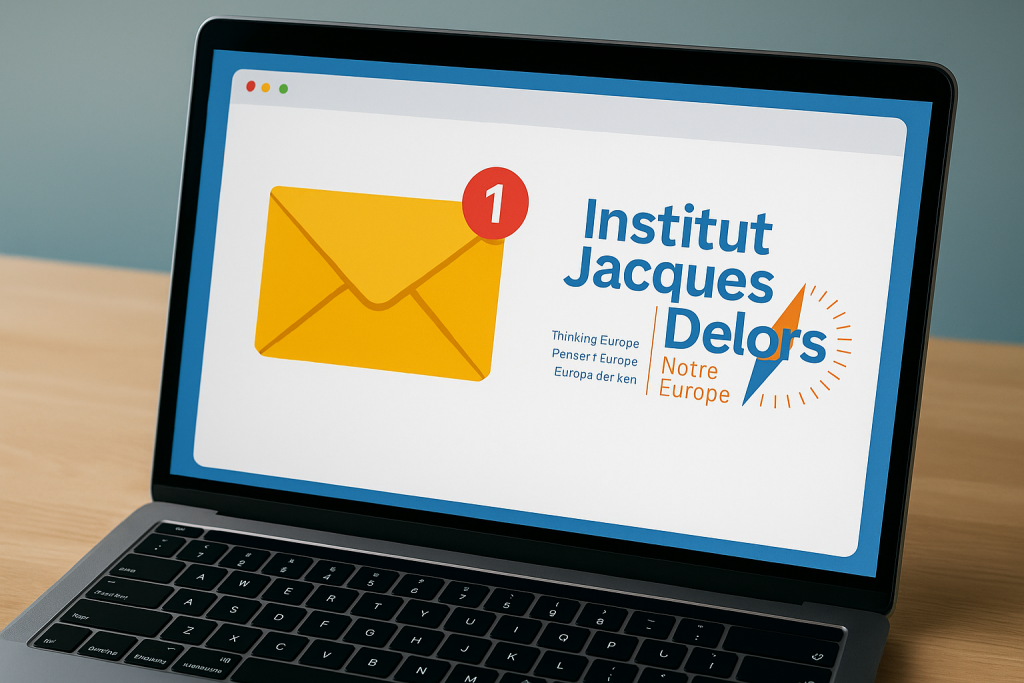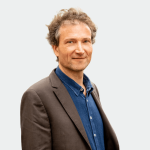Ne tirez pas sur l’ambulance bruxelloise
Infolettre février 2022

Depuis le 27 décembre, l’Europe s’est lancée dans une campagne de vaccination massive contre la Covid. Objectif : 70% d’adultes vaccinés d’ici à la fin de l’été dans l’Union. Avec comme moyens attendus, six vaccins différents pour 2,3 milliards de doses au regard de 450 millions d’habitants. Ce défi sanitaire, industriel, logistique et financier exige le concours de toutes les parties. Ces derniers jours, devant les retards de livraisons promises et la comparaison peu flatteuse avec certains pays vaccinant de manière accélérée, des voix s’élèvent contre la Commission européenne, qui a négocié les contrats avec l’industrie pharmaceutique et orchestré la campagne.
De nouveau, « Bruxelles » sert de bouc-émissaire trop facile à des critiques qui taisent la plus-value d’une coordination européenne au contraire salutaire. Imaginons un instant si chacun des 27 Etats avaient négocié séparément avec les laboratoires pharmaceutiques. Les enchères seraient montées au détriment des Etats moins offrant. Les doses n’auraient pas été réparties équitablement au prorata des populations. Les avances des uns se seraient faites au détriment de retards pour d’autres. Bref, la foire d’empoigne aurait été justement critiquée. « C’est la faute à l’Europe » aurait tôt fait place à « mais que fait l’Europe ? ».
Devant la gravité sanitaire en jeu, il est pour le moins attendu de l’industrie pharmaceutique qu’elle honore ses engagements contractuels avec l’UE, qui a mobilisé des fonds à cette fin. Et il est plus que bienvenu que des sites d’autres laboratoires produisent pour leurs concurrents. Dans le contexte d’urgence pandémique, c’est bien ici « la coopération qui renforce », selon l’adage delorien.
Il est tout aussi primordial que les dirigeants des Vingt-Sept restent solidaires de la Commission dans cette campagne vaccinale à laquelle ils ont souscrit et qu’ils déploient chacun à leur manière, dans le respect de la subsidiarité. La responsabilité est collective. La récente défense de la stratégie européenne par Angela Merkel puis d’Emmanuel Macron face aux critiques politiques doivent apaiser les esprits. La campagne européenne n’est à l’évidence pas exempte d’erreurs – comme à la frontière nord-irlandaise- et un effort de transparence est notamment justifié. Pour autant, il n’y a pas de place pour du nationalisme vaccinal mais pour un patriotisme européen, qui n’est pas contraire à la solidarité planétaire nécessaire à conjurer une pandémie mondiale.




